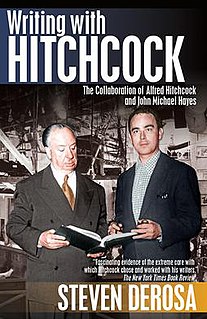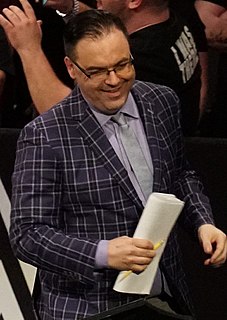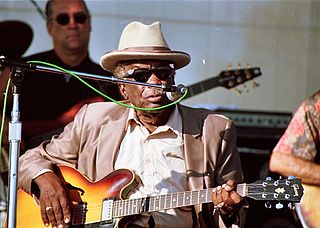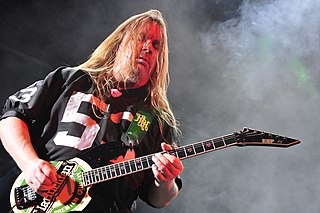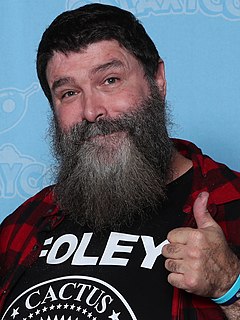A Quote by Parker Harris
After the dotcom boom blew up, it increased the focus on questions like, 'Why should I trust you to help run my business? How do I know you're not going to go away like every other company?' That was hard. We had to keep proving ourselves.
Related Quotes
There was a part, you know, obviously there was a part of the whole I military experience that you know like hooks right into the whole boyhood experience that that you know most American boys have growing up, you know, which is proving your manhood by proving how hard you are, by proving that you can take it.
If you see really bright lights, or hear really loud noises, go towards them, don't run away from anything. It's like giving someone instructions on how to handle a bear, don't run away from it. Stand up and try to make yourself look as big as possible. Don't give it the signal that it should chase you. And that's the case with the after death visions. Don't go for dark seductive lights, go only for bright lights.
For me, I felt bad for people asking the questions, cause you know their boss sent them out saying, 'Get me something on Mission Impossible.' And you ask the question, and it's just a polite, 'I'm not going to tell you.' Then, every so often, they'd go, 'Well, can't you just tell us a little bit?' I have to say, 'You know what guys, I'm under contract and I'm not going to tell you anything.' So you keep asking the questions and I'm just going to keep smiling. And it's hard, cause I don't want to seem rude, but it's part of my job just like it's part of their job to keep a secret.
I took a dozen of our top managers to Argentina, to the windswept mountains of the real Patagonia, for a walkabout. In the course of roaming around those wild lands, we asked ourselves why we were in business and what kind of business we wanted Patagonia to be. A billion-dollar company? Okay, but not if it meant we had to make products we couldn't be proud of. And we discussed what we could do to help stem the environmental harm we caused as a company. We talked about the values we had in common, and the shared culture that had brought everyone to Patagonia, Inc., and not another company.
Since we did 'Angel of Death,' I've had three occasions where someone will go 'Psst, hey. I'm part of this Aryan World Nation group and we're thinking of having you speak.' I'm like, 'Why?' And they'll go, 'You know.' I'll be like, 'No, why?' And they'll go, 'Aren't you... ?' I'm like, 'What? No. Go away. You don't get me at all.'
We'll have a national dispute - debate about it, and the goal should be to bring in - to help respectfully appeal to those voters that can make the difference, the ones who are not going to be entrepreneurs, are never going to be - run a - be a CEO in some big business, and they know it, but they would like to have their Social Security, they would like to have Medicare as they paid for all their years, and they'd like rising wages rather than falling wages.
Every play is rhythmic control. If you want an audience to go on a journey, it's rhythmic control. You're crafting when they lean in, when they push back, when they breathe, when they surrender. It takes you probably five to six minutes to build trust with an audience. A musical you can build trust in three notes. Boom, boom, boom, you're instantly seduced. So musicals have this easy potency, but generally, in my opinion, they waste them, because a musical is incredibly hard to do.
Edge goes out every night, and not just on pay per views; every night, Edge goes out there with the intention of stealing the show. I know that he felt like his title run had not been given the respect from the company that it deserved, and he was really hell-bent on proving that he belonged as a main event guy.




